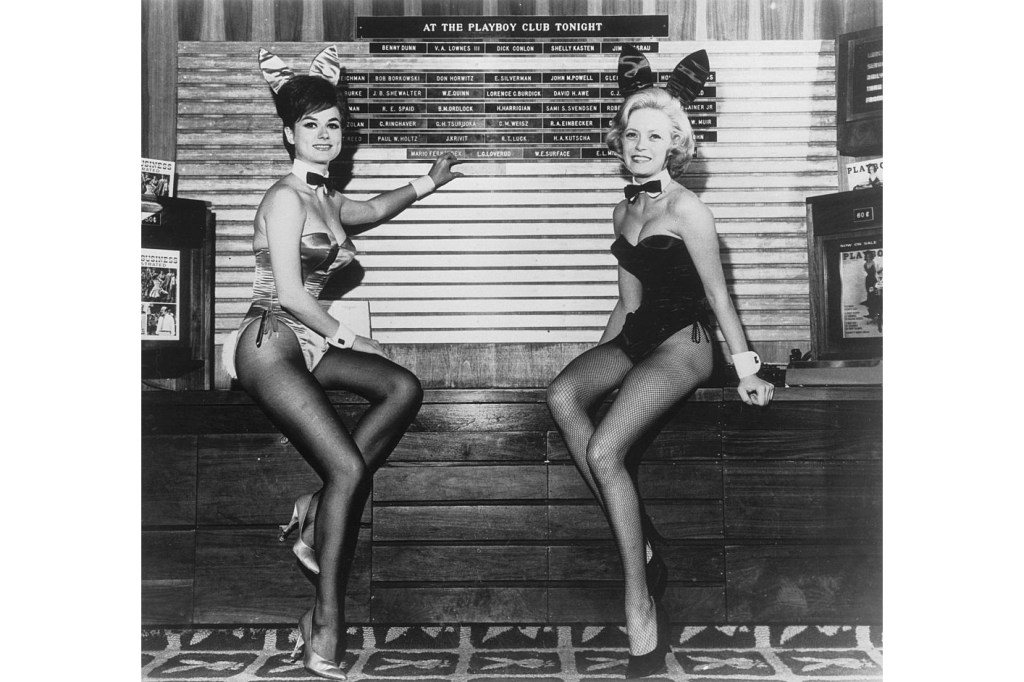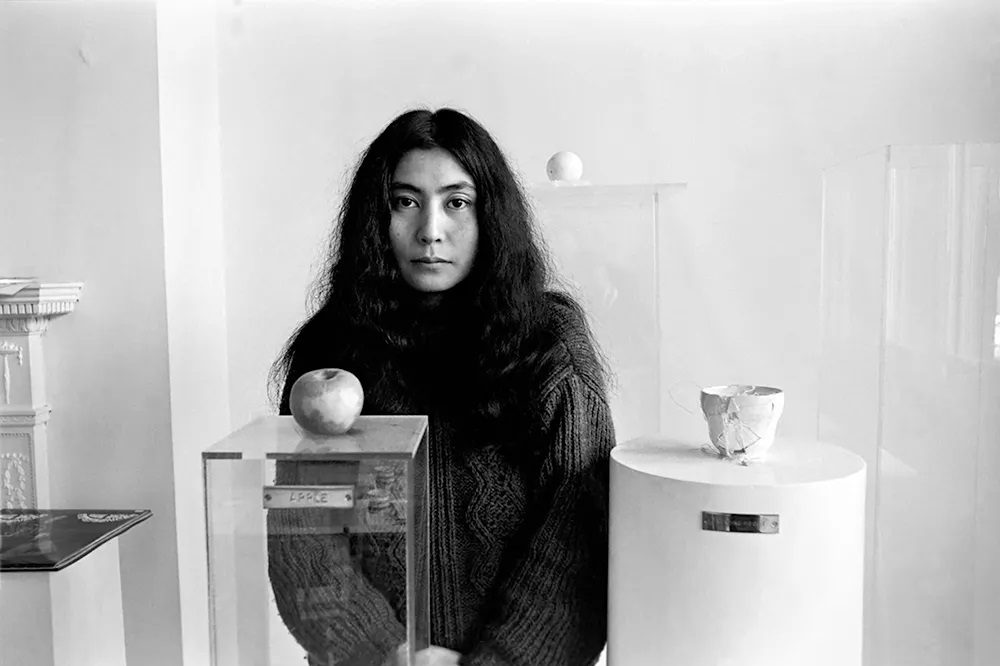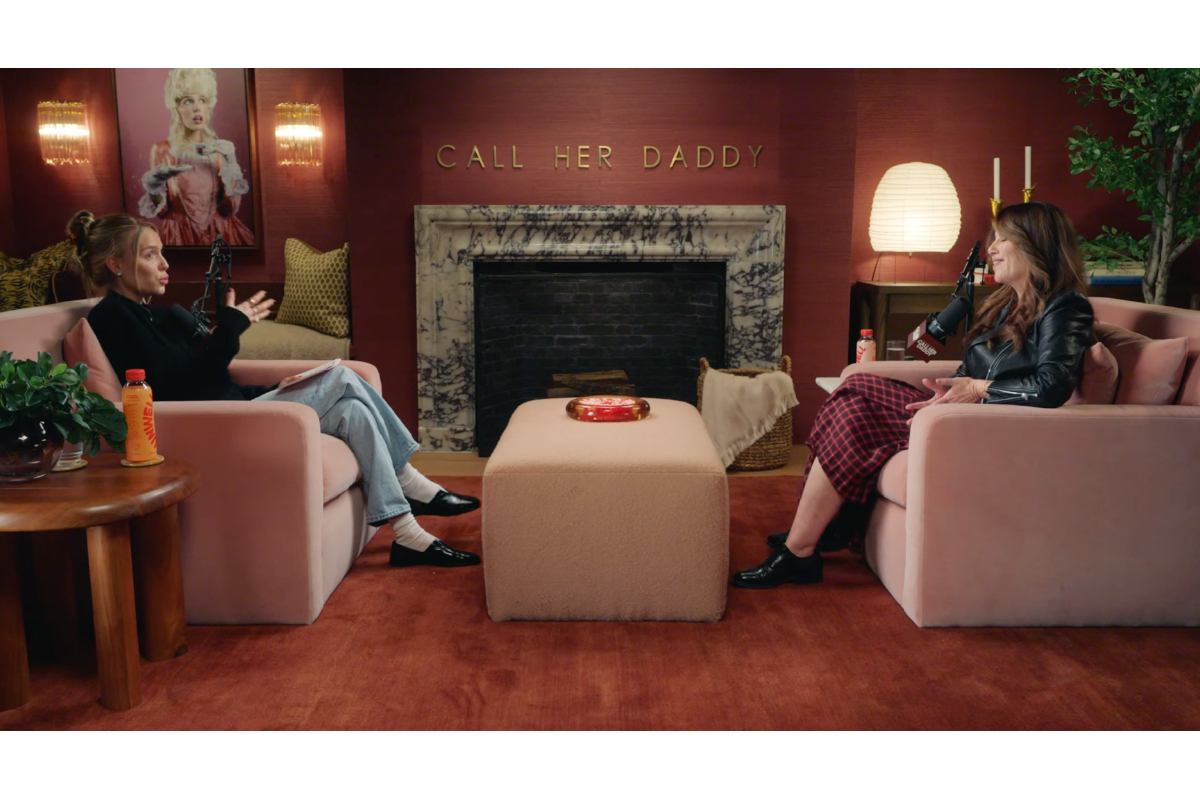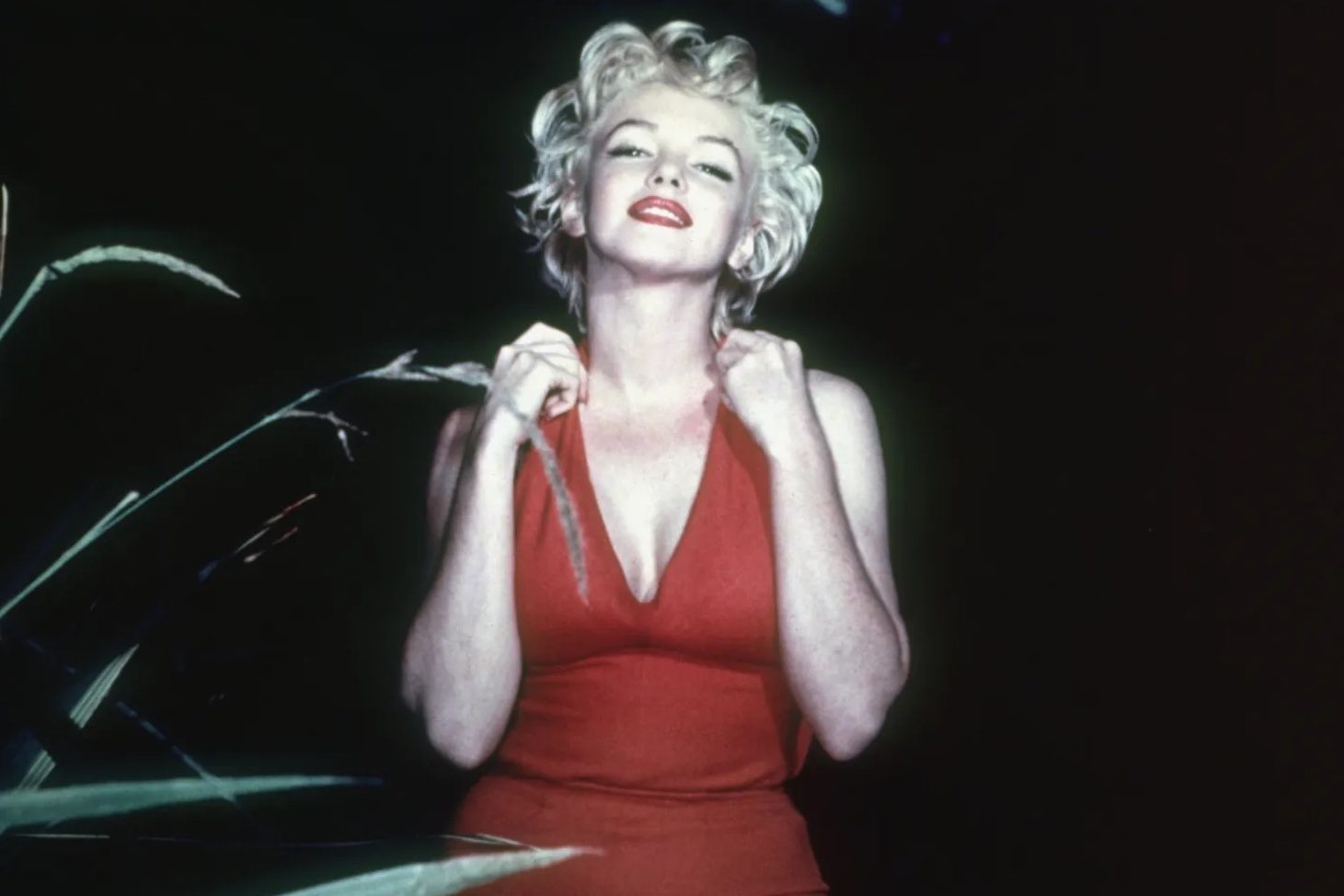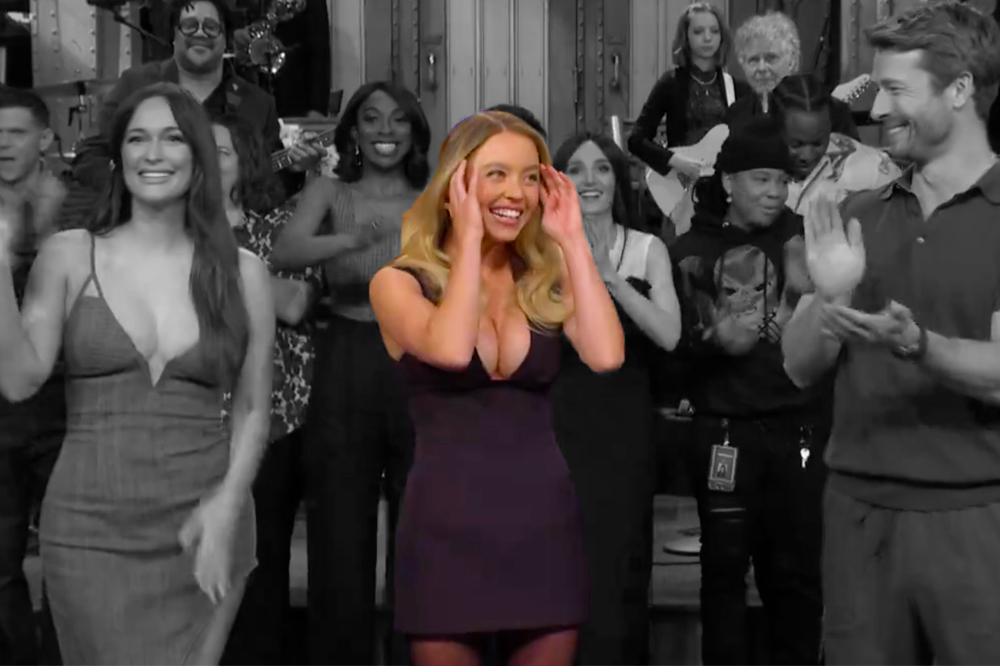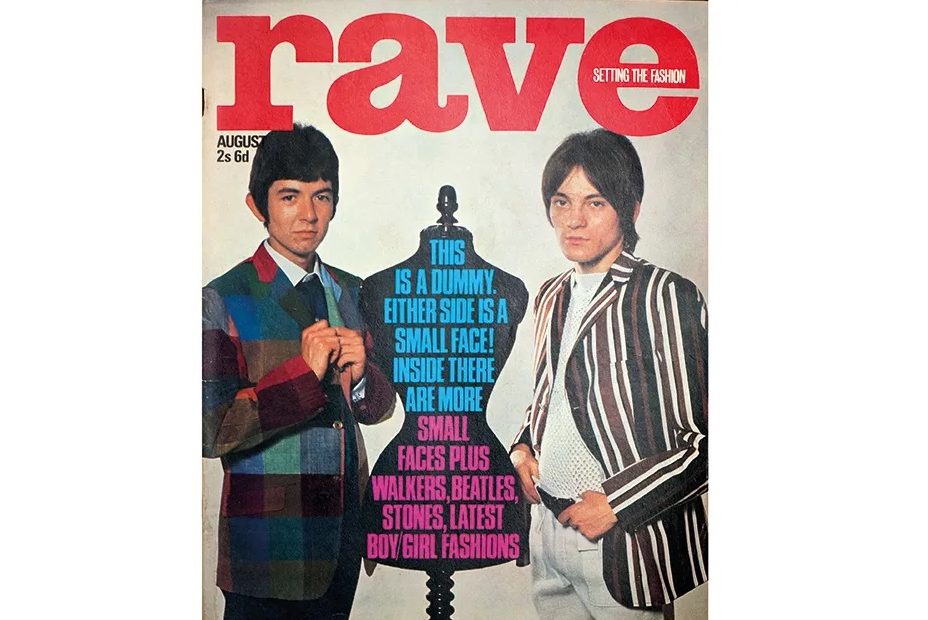During my years writing for Playboy, I never got to meet Hugh Hefner, although I always wanted to. He was one of my heroes when I was just a young entrepreneur with big dreams of building a media empire. However, long before that, Hugh was an idol of mine during my teens because I actually did read Playboy for the articles. It’s how I learned everything I know about sex and men. I pored over every old edition I could find, educating myself as much as I could about the Playboy Philosophy and the American male psyche.
Embedded in between the glossy photos of hi-res nipples were Hef’s politics. He championed civil rights, reproductive rights and was an advocate of the First Amendment. I dreamed of one day seeing myself in those sacred pages. Not as a model: I wanted to appear in black-and-white ink with the rest of those brilliant contributors. More than anything, Hugh inspired me to get naked with my words.
The pages of Playboy were sacred to me, not just ‘for the articles’ either; the boldness of the women who bared themselves inspired me and I found it exhilarating and empowering all at once. How did they get so free? Raised Catholic, I felt cloaked in shame and guilt. Every time I enjoyed myself sexually, I thought I would be punished by God. The infamous Jenny McCarthy shoot in which she was dressed as a Catholic schoolgirl was life-changing for me. You could be sexy and funny and not be smote by a vengeful Deity? This was a revelation.
Hefner wasn’t the perfect male feminist or the perfect activist. Like all of us, he was a flawed individual. When he started Playboy in 1953, he was just a 27-year-old man looking to create an intelligent magazine that also had boobs in it. I doubt very much he realized he would change the world and like most men and women who have changed it, his legacy can be labeled as ‘it’s complicated’. He created a magazine with a sex-positive message and the idea that nice girls like to have sex too, and in liberating the discussion about sexuality, he liberated women only to (rightfully in some instances) turn on him.
Hugh Hefner became an icon and in doing so, he rendered himself obsolete in almost the same breath. In partaking in the commercialization of sex he opened up Pandora’s box, a box that would fuel a lot of the technology behind the internet as we know it today and one that would ultimately come to destroy publishing as he knew it. Compared to what you can find online, Hef’s Midwestern girls posing suggestively next to a cornfield are positively adorable. We aren’t living in Hef’s cultured Playboy world; if anything, we are living in Hustler’s nightmare.
By the time of his death in 2017, the role of men’s magazines in American society was already long dead. Playboy, a perfect scapegoat, had been getting penetrated by both sides of the culture war for decades. Conservatives blamed Hefner for everything from modern porn addiction to infidelity to the current collapse of the traditional family. Liberals sang ‘Ding dong, the witch is dead’ and acted like Hugh invented the notion of objectifying women while ushering in the ‘male gaze’ and unrealistic beauty standards.
To look back on Hugh’s choices as a man then, through the lens we have about what it means to be a man (and a woman) now, is ridiculous and defeating because it was Hugh who gave us the ability to talk about sexuality and gender roles and monogamy in the first place. That dialogue wasn’t happening. Hugh Hefner started it and we’re still having it today.
I’m extraordinarily grateful to have been a part of that conversation. What I learned in my time at Playboy was invaluable. The stories men and women from all walks of life shared with me about their shame, their fears and their insecurities have given me a window into some of the deepest parts of the human experience.
Human sexuality is messy and all encompassing. Our sexuality contains multitudes and it seeps into nearly every aspect of our lives: life and death, trauma and healing, pain and pleasure, guilt and shame, love and violence, monogamy and infidelity, trust and betrayal. Sex sells, it compels, it motivates, it creates and it destroys. Our psychological issues often manifest in our desire for sex or lack thereof; we fetishize our trauma, pathologize our pain and try to work out complex scars on our psyches through sexual acts or through our sexual partners.
If Playboy were nothing more than pictures, it wouldn’t have become the cultural phenomenon it once was. Hugh Hefner was a modern trickster and he tricked us with the world’s oldest bait, boobs. He lured us into the pages and once we were there, we stayed for the conversation.
But male magazines long ago abdicated their role for caring about the average, hetero man — the concerns of these men have been sacrificed to ideology. Playboy in particular was perfectly poised to hold the center, but embattled in the #MeToo era and accelerating hyperpartisanship during the Trump years, they lost sight of their original mission. They went the way of almost all magazines today — catering to the progressive left’s ideas about toxic masculinity and gender fluidity, treating the red-blooded American male as a shameful relic of a bygone era, and leaving them to grapple with the messiness of sex on their own. We can’t blame Hef for that.
This article was originally published in The Spectator’s June 2021 World edition.



